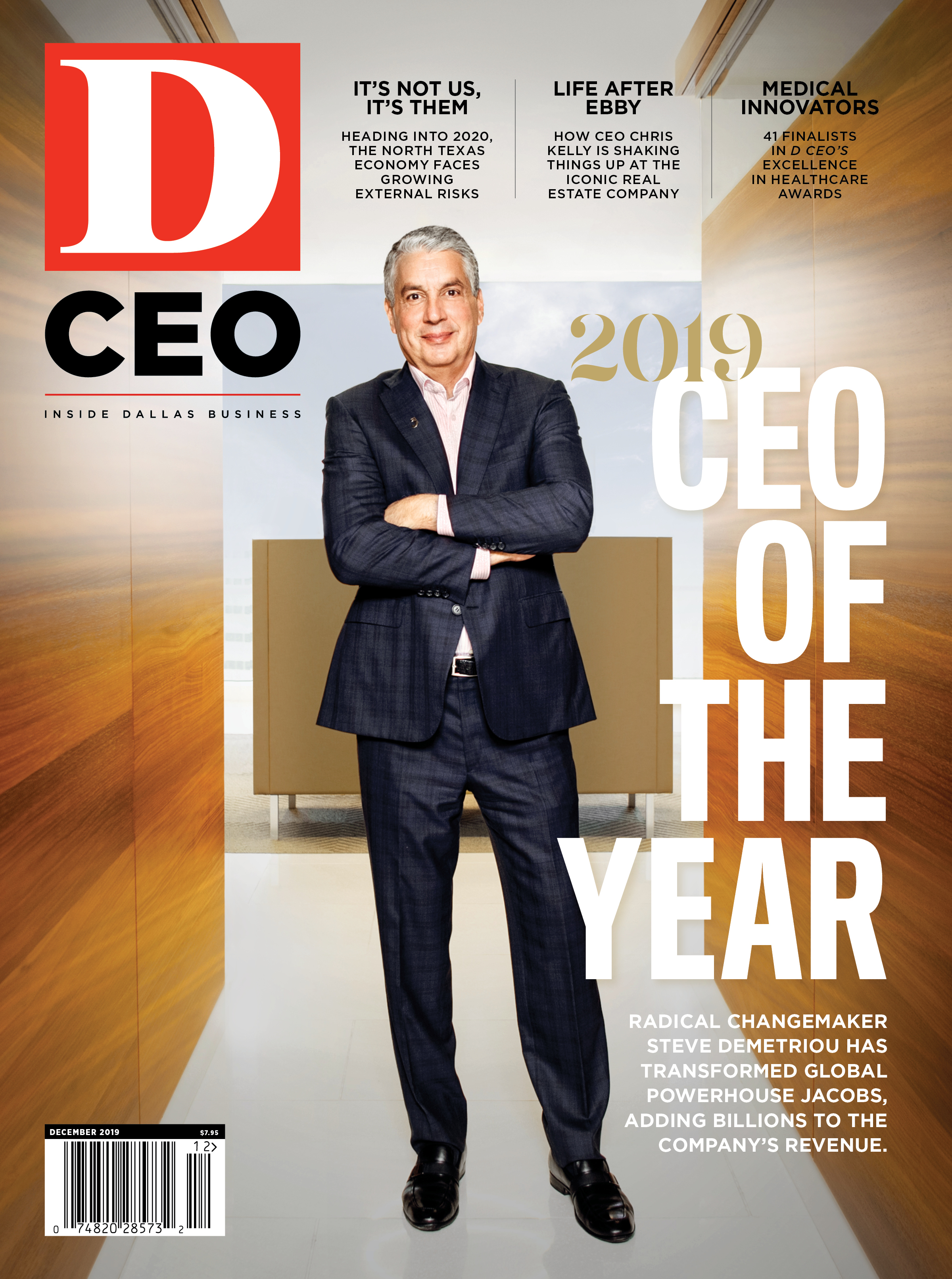For the second time in as many years, North Texas is at the center of an attempt by the U.S. Department of Justice to block an acquisition. Last time, it was AT&T’s takeover bid for Time Warner, valued at $85.4 billion. This deal is much smaller, but it packs a punch.
In what will be its first antitrust trial since losing to AT&T in June 2018, the U.S. wants to put an end to Southlake-based Sabre’s attempt to buy fellow travel technology company Farelogix, a deal valued at $360 million. The DOJ argues Sabre’s deal would have outsized implications not only on the online booking industry, but would reverberate across airlines, hurting consumers along the way.
In a lawsuit filed in August, the U.S. colors Sabre as top dog in an industry that has been intentionally slow to innovate, keeping airlines from technologies that could boost their bottom lines. Airlines, of course, are free to build out their own online booking services however they want, but almost half of the country’s flights are still booked through travel agencies—both the traditional version (used mainly for business travel these days) and of the online variety (such as Expedia or Priceline).
For these bookings, airlines rely on Sabre and two other software providers, all three of them resistant to change, in the eyes of the DOJ. Airlines crave the ability to split up and bundle various services and fees, such as bag fees, extra leg room, and wifi, but these companies won’t give it to them. The result is “outdated technology” that “has limited airlines’ ability to sell—and travelers’ ability to choose from—airlines’ entire suite of offerings,” says the lawsuit.
Reasonable minds can disagree about whether moving toward a fee-everything model actually benefits consumers. The model has worked for budget airlines, which have found cost-conscious consumers willing to share luggage with a travel mate, cram into tight aisles of seating, and try to resist spending $8 on crackers. Airlines would argue—and the DOJ appears ready to on their behalf—that allowing greater personalization of the experience ultimately brings down the price of flying. Of course, airlines could choose to keep prices steady and layer the fees on top when the dust settles; like $3.9 billion-revenue Sabre, they are massive corporations with shareholders to appease.
The DOJ says Sabre’s buy amounts to a “dominant firm’s attempt to eliminate a disruptive competitor.” In other words, where Sabre and its industry mates refused to push the ball forward, Miami-based Farelogix slid in with technology that was better aligned with what the airlines wanted. So, Sabre bought them out, paying eight-and-a-half times the company’s modest-but-growing revenue of $42 million.
A few analysts have given Sabre’s acquisition a more generous read, interpreting that it represents the company’s at-last acceptance of Farelogix’s approach. Meanwhile, Sabre said in a statement that the lawsuit “lacks a basis in reality and reflects a fundamental misunderstanding of the industry.”
Yet, text messages cited in the claim seem to speak to one Sabre executive’s relief. On the day the acquisition was revealed, a sales executive texted a colleague that a major airline would “hate” it. When the colleague asked why, the executive responded that the airline had used Farelogix as a “Trojan horse to f*** us.” The exec added that the airline’s Farelogix bill had been “going up big time.”
Putting aside the texts and even the suit’s tenuous implications for consumers, it’s hard to fathom how a company can purposely spurn client needs for so long. And if that’s how the judge in a federal courtroom in Delaware sees it come late January—that, as the DOJ alleges, buying Farelogix is Sabre’s latest attempt to keep things status quo, despite the preferences of the airlines they serve—we could see a ruling to block it.







